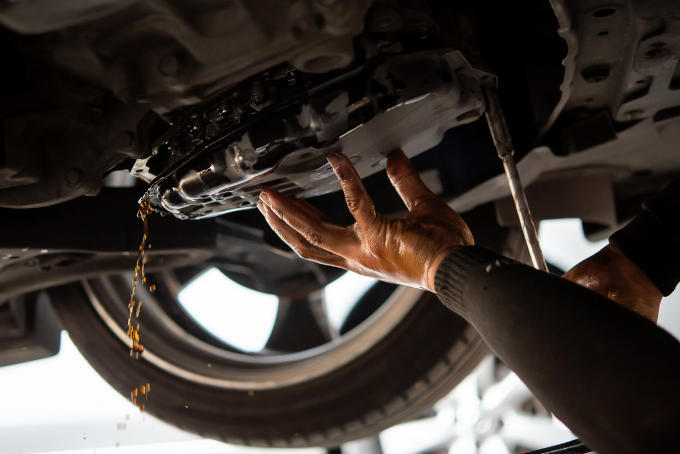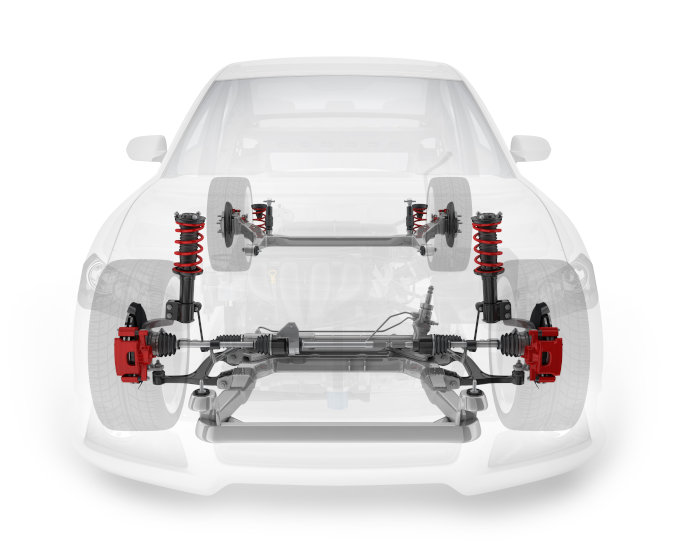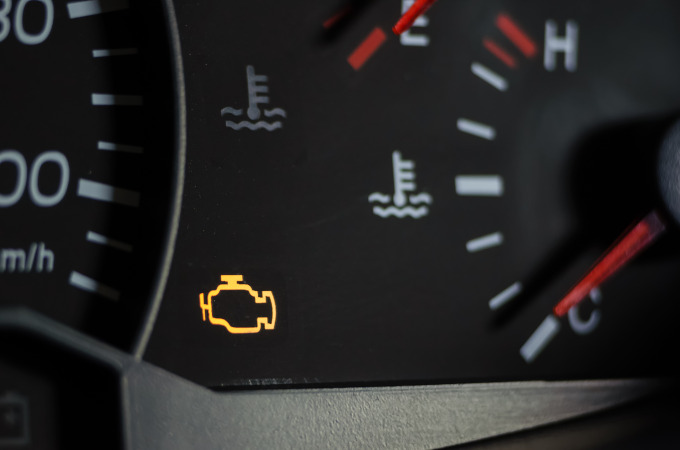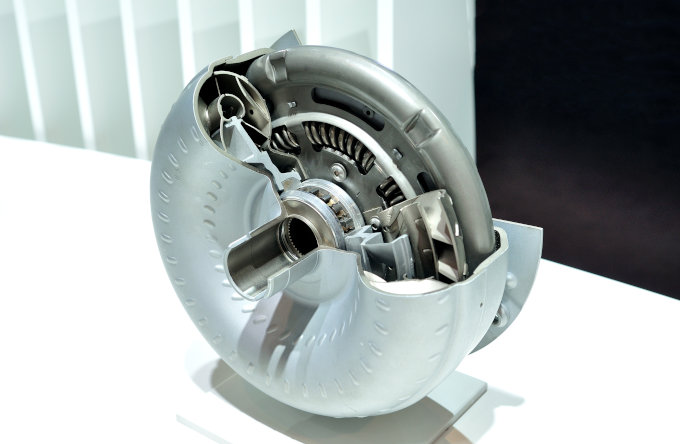While an engine oil change, radiator flush, and tire rotation are part of routine maintenance for a vehicle, many owners forget about their transmission fluid. Transmission fluid is vital to your transmission, and it deteriorates over time with continuous use, which causes problems with your transmission. This deterioration accelerates if the vehicle often experiences stop-and-go city driving, hilly terrain, and heavy hauling.
Therefore, yes, a transmission flush, sometimes known as a fluid exchange, is necessary. But when and how often? Most automakers suggest changing the transmission fluid every 30,000 to 60,000 miles for a manual or CVT transmission and 60,000 to 100,000 miles for an automatic transmission, depending on how you operate your vehicle. Some transmissions may even last 150,000 miles without a fluid change, but at that mileage you are stretching the fluid's lubrication and cooling qualities and the filter's filtering capacity! For exact intervals, you should always consult your vehicle owner’s manual.
The Importance of Maintaining Transmission Fluid
The transmission fluid’s purpose is to lubricate and cool all moving components of your transmission to keep it running smoothly. For automatic transmissions, it also provides the hydraulic properties necessary to operate correctly. Any metal-to-metal contact between clutches, gears, valves, and bearings produces tremendous heat and metal particles. Transmission fluid offers protection against this friction to keep your transmission operating at an optimum and controlled temperature. Overheated transmission fluid degrades quickly and can destroy your transmission.
What Is a Transmission Flush?
A transmission flush clears almost all the old fluid from the transmission, including sludge and grime, and adds fresh, good-quality fluid to the entire system, including the torque converter.
However, there are two methods of replacing transmission fluid: a transmission fluid flush or fluid exchange, and a transmission fluid change. Which should you do, and what’s the difference between them?
Transmission Flush Vs. Fluid Change: Understanding the Difference
Transmission flush and fluid changes are two very different processes:
- Transmission Fluid Change – This service replaces approximately 50% of the fluid in your transmission. The technician will remove the transmission pan, drain the old oil from the pan, replace the transmission filter, or clean the screen (if equipped), and add the new filter (if equipped) and fresh, new fluid. Because no special flushing equipment is used, some old oil and contaminants will remain in the transmission, transmission cooler, and torque converter.
- Transmission Flush – The technician will connect a transmission flushing machine to the cooling lines to hydraulically exchange almost 100% of the fluid inside the transmission, including the fluid inside the torque converter and transmission cooler. During the process, the machine removes any sludge and contaminants trapped in the narrow passages inside the valve body and other transmission fluid corridors and automatically replaces the old fluid with new fluid. Also available is a combination method that the technician starts by removing the transmission pan to replace the filter, examine all the wiring, clean the pan and replace the pan gasket if equipped. The technician then uses specialized equipment to remove any remaining old transmission fluid from the transmission and replaces and fills it with new, clean fluid. This method not only replaces virtually all of the fluid but also replaces the filter and pan gasket or seal.
Benefits of a Transmission Flush
A transmission flush brings similar advantages to that of an oil change. The best part about a fluid flush instead of fluid change is thoroughly removing almost all debris and small particles captured by old fluid.
When your technician performs the flush and adds new fluid, you can expect these benefits:
- Extended transmission life: Partially blocked passages and hydraulic lines inside the transmission can break down the inner seals and trigger internal leaks. These leaks can cause transmission damage and a possible breakdown. Per your vehicle manufacturer's recommendation, a transmission maintenance service ensures a smooth transmission with no clogging and longer life.
- Smooth shifting: The new fluid flows better inside the system for more seamless shifts. Over time, the old fluid loses its lubrication and cooling ability and may accumulate thick, gooey sludge, making gear shifting difficult.
- Protection of warranties: The powertrain warranty gives you peace of mind in case your vehicle's engine, transmission, or drivetrain components fail. However, manufacturers mention in the fine print that the warranty will not remain valid if the owner fails to maintain the powertrain. Transmission fluid maintenance at a proper interval will help keep this costly machinery and its warranty protected.
- Enhanced fuel economy: Since the powertrain components are interlinked, a healthy system supports them all and improves efficiency. A smooth-shifting transmission enhances the engine's performance and fuel efficiency, unlike a slipping transmission, which may need to shift at an extended higher rpm, causing the engine to burn more fuel.
Transmission Flushes Are Preventative Maintenance
It is wise to follow the automaker’s recommended transmission flush service rather than wait for the transmission to begin failing. A flush on a sick, dying transmission won’t save it. Transmission fluid flushes are part of preventive maintenance, protecting against failures; they are not rescue operations.
If you observe symptoms of transmission failure, such as grinding sounds while driving, changing gears, or you feel a pause in shifting, you should immediately consult an expert local transmission technician in Knoxville, TN. Remember, if you continue driving with a struggling transmission, you could damage it beyond repair.
Why Should You Have a Transmission Expert Conduct a Transmission Flush?
While you may be able to change transmission fluid yourself, we strongly recommend not performing a DIY transmission flush. Why? Here are a few reasons:
- Special equipment is needed to perform a complete transmission flush
- Two transmission cooler lines go from the transmission or transaxle to the radiator. You must accurately connect the machine hoses with these lines to extract the old fluid and accumulated debris and fill in the fresh fluid.
- You will require specialized training and guidance to run the flushing machine safely and properly to avoid damaging the transmission.
In short, leave the flushing job to the experts!
Conclusion
The transmission is a crucial component of your vehicle that requires regular fluid and filter maintenance for optimal performance and longevity. Following the recommended transmission flushing interval of your vehicle’s make and model will enable the machinery to work efficiently, improve fuel economy, and extend the transmission life.
However, performing a flush will not cure a sick transmission. High pressure can cause the debris to stick to areas that can further damage the transmission.
Look only for professional transmission experts in Knoxville, TN, who have the knowledge and expertise in performing transmission diagnosis, maintenance, and repair.
Come to AAMCO Knoxville for All Your Car Care Needs!
You rely on your vehicle to get you where you need to go. You can't afford to have your vehicle break down, especially if it's preventable through the proper maintenance of your transmission fluid. If you are due for a transmission flush or need us to check on anything, from your tires to your transmission, contact your AAMCO Knoxville, TN Center today!











